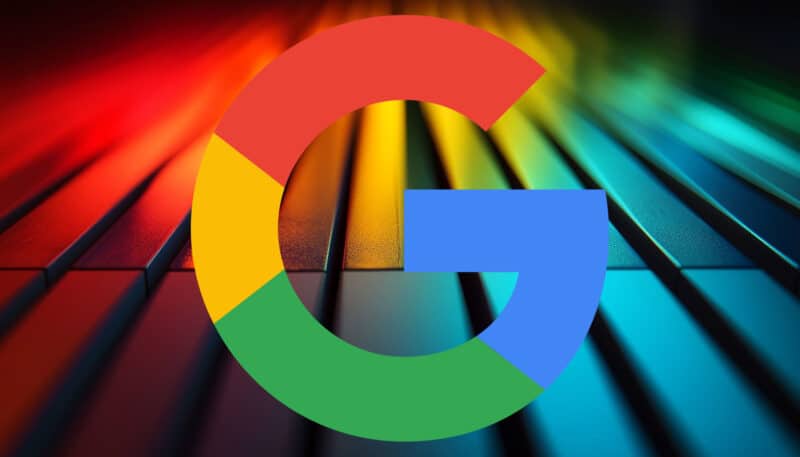
In the realm of digital marketing and content distribution, recent statements from Google CEO Sundar Pichai regarding the company’s AI-driven search initiatives have ignited significant conversation. Amid concerns from publishers and critics about declining traffic and content appropriation, Pichai has defended Google’s approach, asserting that AI Overviews are designed to enhance user experience by promoting longer, more engaging search queries. This move is positioned as an opportunity to not only elevate search traffic but also to redefine user interaction online.
Despite the criticism surrounding the potential for Google’s AI Mode to appropriate content, Pichai remains steadfast in his assertion that Google is devoted to directing traffic to publishers’ websites. He highlighted that over the past two years, Google’s crawling capabilities have expanded significantly, showcasing his belief that the internet is not in decline but rather evolving. The conversation surrounding AI’s transformative power suggests a shift in how users engage with content online; Pichai suggests this evolution can lead to innovations that surpass the traditional internet experience.
Importantly, even though evidence surfaced implying that AI Overviews might be detrimental to click-through rates and overall website traffic, Pichai ensured that Google’s commitment to channeling users towards external sources remains strong. This perspective reveals a significant differentiation between Google’s approach and that of its competitors. Such insights are vital for software developers and B2B marketers who can leverage these trends to improve user engagement strategies.
There is a notable intersection between Google’s advancements and modern digital tools such as URL shorteners. As the industry evolves, the need for effective content management using short links becomes increasingly critical. URL shorteners, like those offered by services such as Bitly, provide an effective way to manage links, track clicks, and enhance user experience—capabilities that dovetail with Pichai’s vision of enriched user interaction. For marketers, integrating custom domains and short link management tools not only facilitates better tracking and reporting but also ensures that content remains accessible despite the shift towards AI-driven search.
In essence, this strategic advancement serves as a call to action for digital marketers and SEO professionals. By embracing these changes and utilizing tools like link shorteners for more effective content dissemination, businesses can better position themselves to adapt to the evolving landscape that AI presents. This alignment with technological advancements underscores the necessity for forward-thinking strategies in driving traffic and maintaining relevance in a swiftly changing digital environment.
To maximize visibility and engagement within the industry, utilizing relevant hashtags becomes imperative. Adoption of tags such as #BitIgniter, #LinksGPT, and #UrlExpander will help in reaching a broader audience while fostering discussions on best practices in link management, making it essential for any marketing strategy today.
In conclusion, as AI continues to mold the future of digital marketing, stakeholders must stay informed and agile. Understanding these developments will be crucial for leveraging new tools and methods to navigate the complexities of the modern web effectively, ensuring continued engagement and traffic for users and content creators alike.
Want to know more: https://searchengineland.com/sundar-pichai-google-ai-search-future-456098

